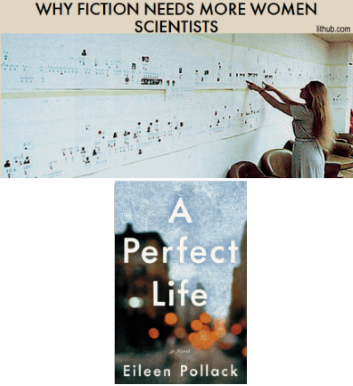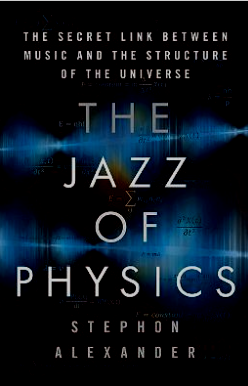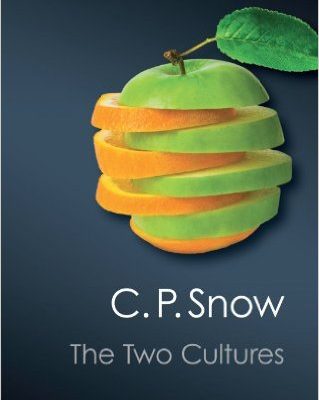Two Cultures
C.P. Snow Started It
-
Eileen Pollack, author of A Perfect Life, (Lithub.com – May 2016), acknowledges the Two Cultures lecture in her essay, “Why Fiction Needs More Women Scientists.” She writes: Years ago, when… [Continue Reading]
-
The Jazz of Physics is a new book by Stephon Alexander.
-
The book Two Cultures was based on a speech delivered by the English physicist C.P. Snow in the late 1950’s. While there was considerable controversy at the time, and… [Continue Reading]
-
TwoCultures.net featires images from photographers and artists. Send your Two Cultures image. Credit: Yoko Nekonomania | Flickr
-
Traditional poets reify, dignify nature. They do not try to understand it, or to analogize using nature as seen through science.

Abstractions
Art in the Margins Do fiction, poetry try to exist in a simplified world that can no longer be sustained?

Multiple Views of Logic
The logic of science and anthropomorphic logic can, must be reconciled.

Interact with the Other
Students of the humanities must interact with The Other.
Interpreting Digital Media
Digital media is transformative in ways that extend far beyond new business models.Not Wrong, Just Irrelevant
It's not so much that contemporary literature is bad, but that it's increasingly irrelevant to mainstream science and technologyDiscourse
New forms of discourse have emerged, but require curation and analysis.Image and Imagination
There is greater variety and volume of imagery, but imaginations are not being trained to embrace -- or expand beyond imagery.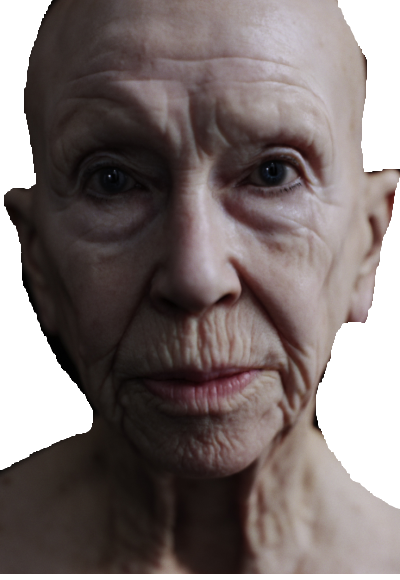
Embracing Complexity
Cognitive complexity is a psychological characteristic or psychological variable that indicates how complex or simple is the frame and perceptual skill of a person.
Cognitive complexity is a notion introduced by James Bieri in 1955. Bieri later pursued an interest in English Romantic poetry and in 2005 published a two-volume biography of Shelley.

Describe the Second Law of Thermodynamics
"I was asking something which is about the scientific equivalent of: 'Have you read a work of Shakespeare's?"
--C.P. Snow
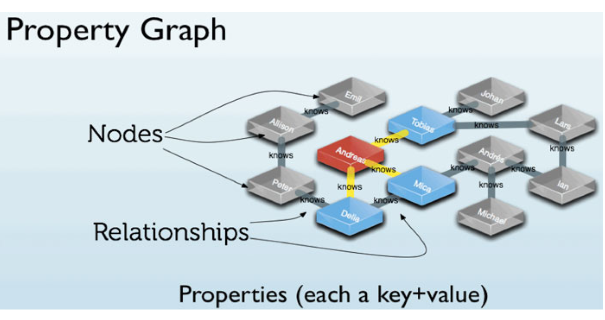

Polarities
Snow's Polarities "Two polar groups: at one pole we have the literary intellectuals, at the other scientists, and as the most representative, the physical scientists. Between the two a gulf of mutual incomprehension."
C.P. Snow
Read Snow's Original Paper
New Statesman has published the full text of the C.P. Snow article published in 1956. "It is that kind of moral health of the scientists which, in the last few years, the rest of us have needed most; and of which, because the two cultures scarcely touch, we have been most deprived."
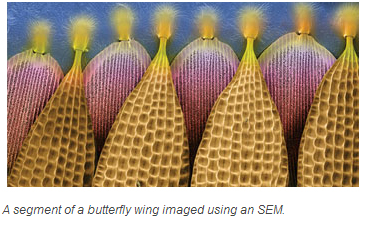

Third Space
Australian researchers proposed the "emergence of a 'third space' at the intersection of art and science in the public domain – a site of trans disciplinary engagement, inquiry and knowledge production that plays a vital role in the contemporary research landscape."
L. Muller, Bennett, J. Froggett, L., Bartlett, V. "Understanding Third Space:Evaluating Art-Science Collaboration" in Proceedings of ISEA 2015


C. P. Snow
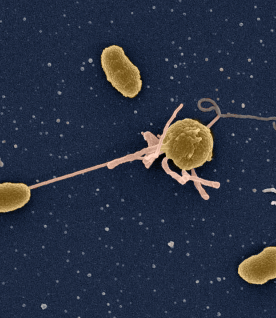
C. P. Snow

C. P. Snow

--C.P. Snow
Nature, Humans, Machines
"At TEDGlobal 2010, author Matt Ridley shows how, throughout history, the engine of human progress has been the meeting and mating of ideas to make new ideas. It's not important how clever individuals are, he says; what really matters is how smart the collective brain is."
Go to PoetryandScience.comSearch
Steering
"There are no secrets in science."--C.P. Snow
About Us
We are technologists who are also poets.
Mark Underwood
Leo Obrst
